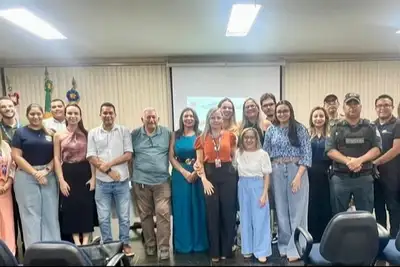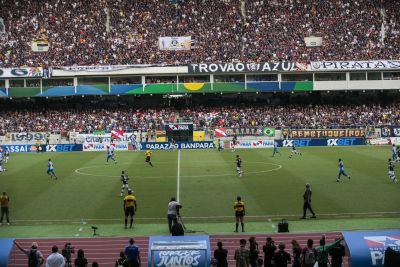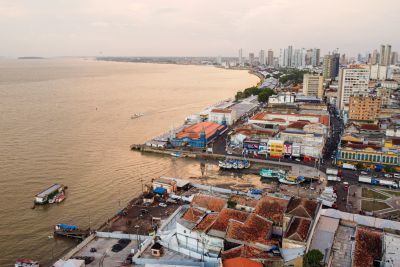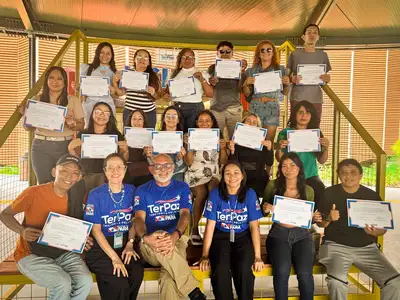UN approves security, mobility, and health plans for COP30
The United Nations delegation was in Belém and evaluated the action plans presented by the federal, state, and municipal governments as positive.
The delegation from the United Nations Department of Safety and Security (UNDSS) approved the security, health, and mobility plans presented by the federal, state, and municipal governments for the 30th United Nations Conference on Climate Change (COP30), which will be held in November in Belém.
Between August 6 and 8, the UNDSS delegation conducted inspections at the venues that will host COP30, as well as accommodations, transportation systems, health and safety structures. The objective was to assess the city's readiness to welcome the thousands of participants expected for the environmental conference.
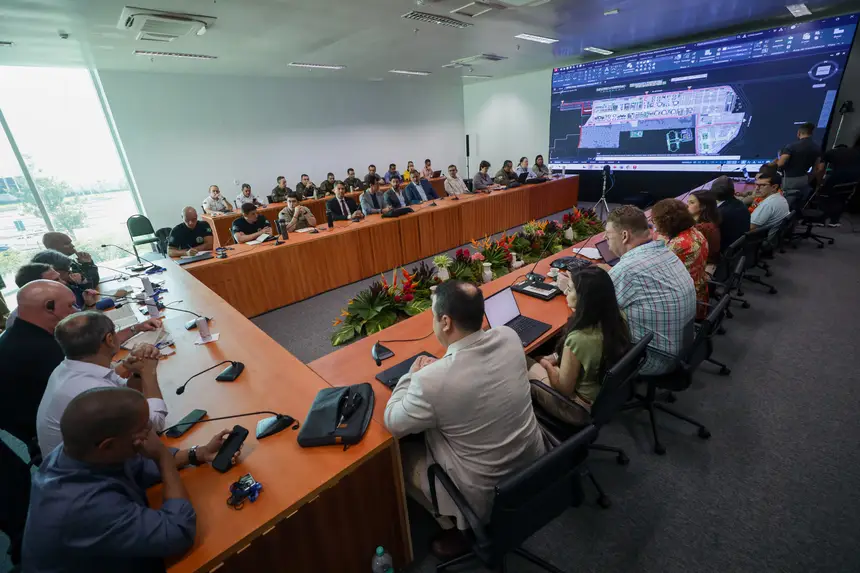
"It is gratifying to see the approval of the collective effort of everyone, hearing the UN congratulating and approving the security, health, and mobility plans, and praising all the actions presented. All of this is the result of the integrated work we have built, we from the Government of Pará, with the Federal Government and the City Hall of Belém, so that in November we have the best COP30 ever held, with organization and safety for the participants,” highlighted Vice Governor Hana Ghassan, who chairs the State Committee for COP30.
Representatives from security, health, and mobility agencies of the federal and state governments, as well as the City Hall of Belém, participated in the meetings. All presented action plans, both individually and integrated, with their respective counterparts in the three spheres. In the field of public security, the Federal Police, Federal Highway Police, Institutional Security Cabinet, Brazilian Army, State Secretariat for Public Security and Social Defense (Segup), and Municipal Secretariat for Security, Public Order, and Mobility of Belém (Segbel) are working together. More than 10,000 agents and military personnel will be mobilized for the event.
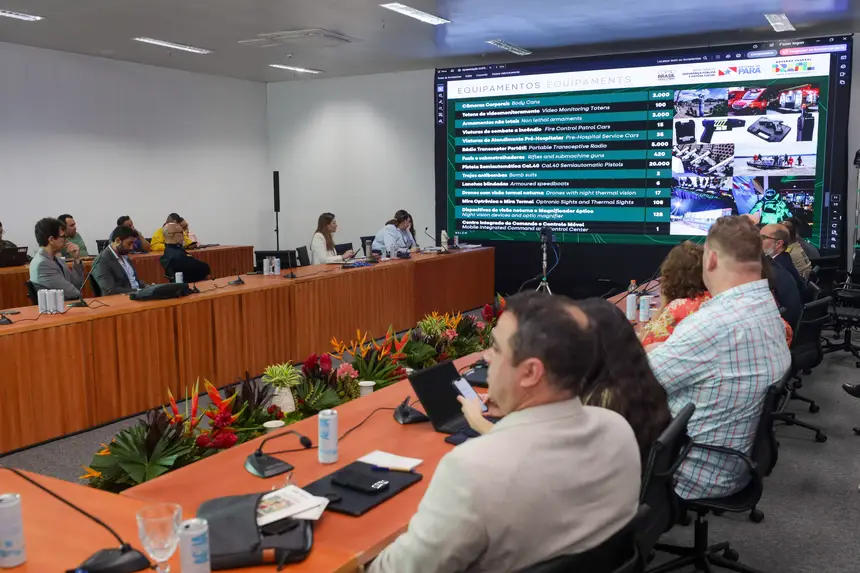
Public Health - The Ministry of Health and the State Secretariat of Public Health (Sespa) detailed the care network, which includes the Dr. Abelardo Santos Regional Hospital, the Dr. Roberto Macedo Emergency Room (PSRM), the Gaspar Vianna Clinical Hospital, and the Pará Women's Hospital, in addition to the private network located near the City Park and the Outeiro Port (district of Belém).
The Mobile Emergency Care Service (Samu), under the responsibility of the City Hall of Belém, will have specific protocols to ensure a quick and efficient response to residents and participants.
According to Nilza Oliveira, Director of Projects at the Extraordinary Secretariat for COP30 of the Federal Government, the conference in Belém will have unprecedented logistics compared to previous editions. For her, holding the largest global discussion on climate change in the heart of the Amazon represents a paradigm shift and could contribute to an excellent climate agreement being reached among the 196 parties in November.
“This COP is very unique because we are having a discussion about climate change within a biome that is extremely important and fundamental for our survival. Bringing the COP to the heart of the Amazon, in the city of Belém, really means a significant paradigm shift, which has been happening in the last editions of COP,” emphasized Nilza Oliveira.
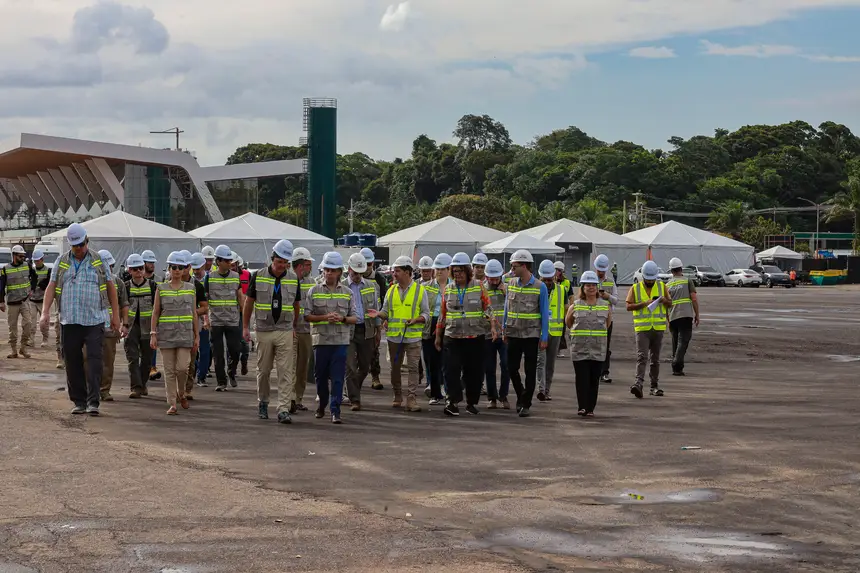
Urban Mobility - The Federal Government presented the United Nations delegation with the mobility plan for COP30, which covers the transportation of delegates staying at Outeiro Port to the Blue Zone in the City Park. More than 240 buses are planned, with exclusive routes for the public heading to the City Park, in addition to the regular fleet already operating in Belém. For Outeiro Port, approximately 100 vehicles will be allocated for the transportation of around 5,000 participants staying on cruise ships.
The logistics for blockades and releases on the main access roads to the City Park were also presented, including inspection barriers and vehicle accreditation for government and private vehicles near the Blue Zone, as well as the movement flows of the convoys of heads of state, including that of President Luiz Inácio Lula da Silva.
The approval from UNDSS consolidates the coordinated effort between the Union, State, and Municipality, based on advance planning, operational integration, and clear definition of routes, teams, and protocols. The set of actions, with reinforced public security, a hospital network prepared for quick responses, and structured mobility with exclusive lines and traffic controls, aims to ensure a safe, organized, and welcoming COP30, which will leave a legacy of enhanced institutional capacity, cooperation between government spheres, and permanent improvements for the population of Belém.






